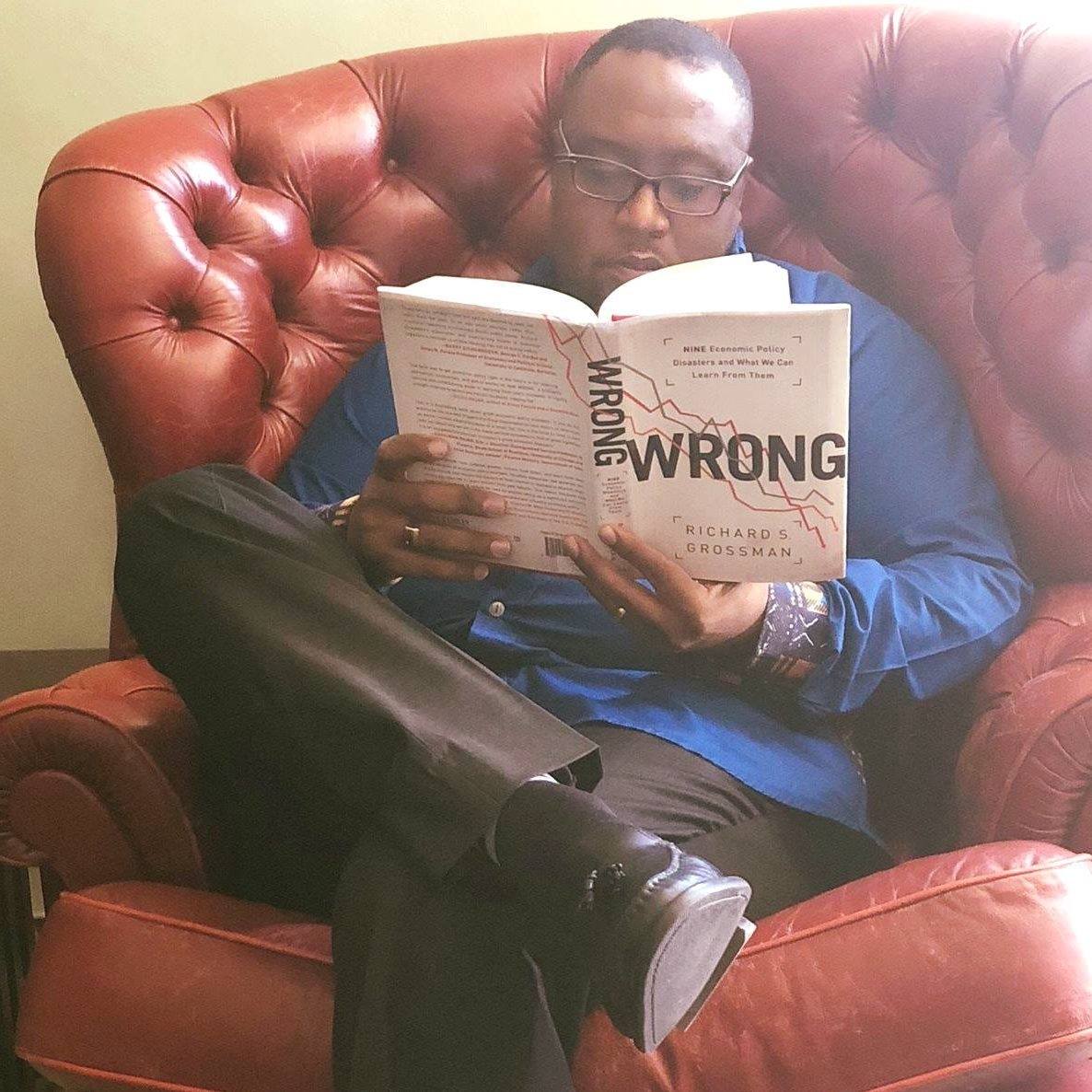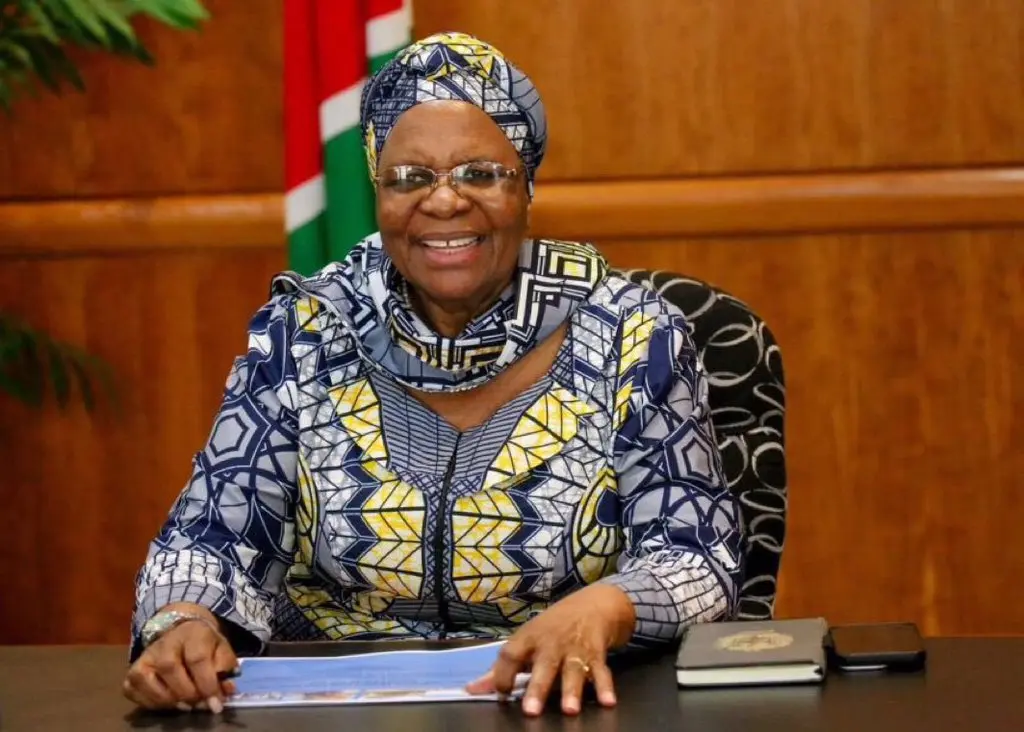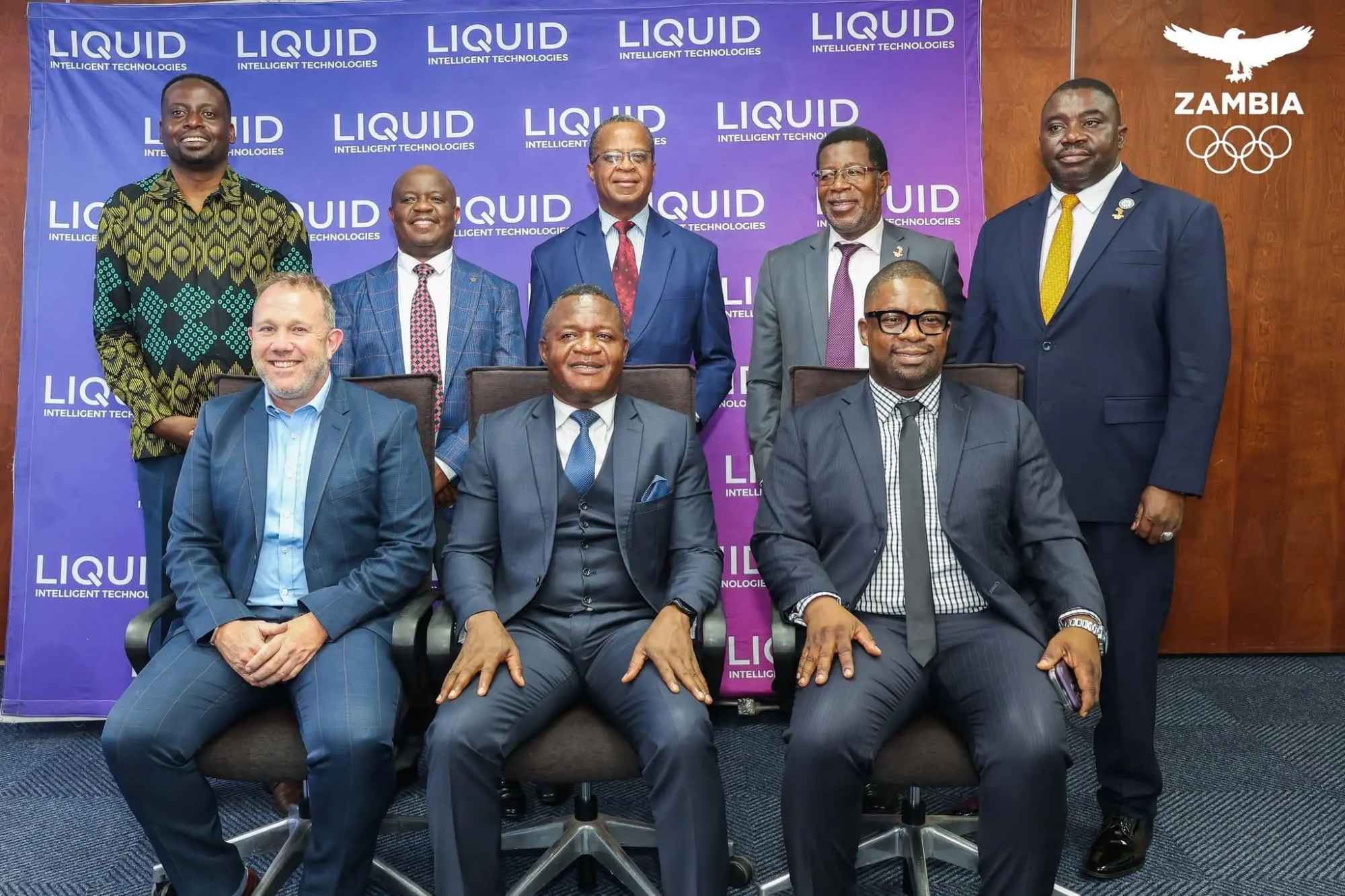Prominent constitutional lawyer Musa Mwenye SC has urged a transparent, inclusive, and citizen-driven constitution-making process, warning against rushed amendments ahead of elections. In a comprehensive submission, Mwenye emphasized the importance of creating a constitution representing the people’s will rather than imposing one dictated by leaders. He stressed that the Zambian Constitution should reflect national consensus and be shaped by the citizens, not just political elites.
The People’s Constitution: A Foundation of Legitimacy
Mwenye reiterated that the sovereignty of the people must be enshrined in the Constitution. He pointed out that legitimacy is the cornerstone of any constitutional process, and highlighted the need for a wide consultation before any constitutional draft is presented. “How a Constitution is made is as important—if not more important—than its content,” he stated. According to Mwenye, a transparent process is essential to safeguarding the integrity of the Constitution, while a rushed or opaque process could risk embedding provisions that disproportionately benefit certain political groups.
Concerns Over Pre-Election Constitutional Amendments
Mwenye expressed deep concerns about constitutional amendments made just before elections, especially those that affect electoral processes. He raised issues with delimitation and constituency boundary redrawing, which are often used to benefit particular political parties. “Delimitation or the increase of constituencies is a well-known source of electoral controversy. In functioning democracies, such changes must be agreed upon by all stakeholders to prevent unfair electoral advantages,” he cautioned.
The Cost of Expanding Parliament: Economic Concerns
Mwenye also questioned the urgency behind expanding Zambia’s Parliament and increasing the number of Members of Parliament (MPs). In light of the country’s current economic challenges, he argued that it would be irresponsible to burden taxpayers with additional costs such as MPs’ salaries, allowances, and other benefits. “With the state of our economy, now is not the time to increase government spending on additional MPs, gratuities, and luxury vehicles,” Mwenye asserted, suggesting instead that efforts should focus on improving the effectiveness and accountability of the existing MPs.
Safeguarding Zambia’s Democratic Gains: Protecting Constitutional Provisions
While acknowledging that the Constitution can always be improved, Mwenye praised Zambia’s current constitutional framework as the most progressive since independence. He emphasized the importance of key democratic provisions that should not be weakened or removed, including:
- The presidential election requirements
- The leadership continuity provisions
- The electoral certainty clauses
- The dispute resolution mechanisms in elections
Mwenye urged that these provisions be protected as they significantly contribute to Zambia’s democratic stability and governance.
Conclusion: A Strong Call for a Citizen-Driven Constitutional Process
Mwenye’s submission serves as a strong call for a transparent and inclusive constitution-making process, especially when it comes to constitutional amendments related to elections. He emphasized that such amendments must undergo broad consultation and build national consensus. As Zambia continues to strengthen its democracy, Mwenye’s concerns underscore the importance of protecting the integrity of the country’s constitutional framework to ensure fair governance and accountability.











